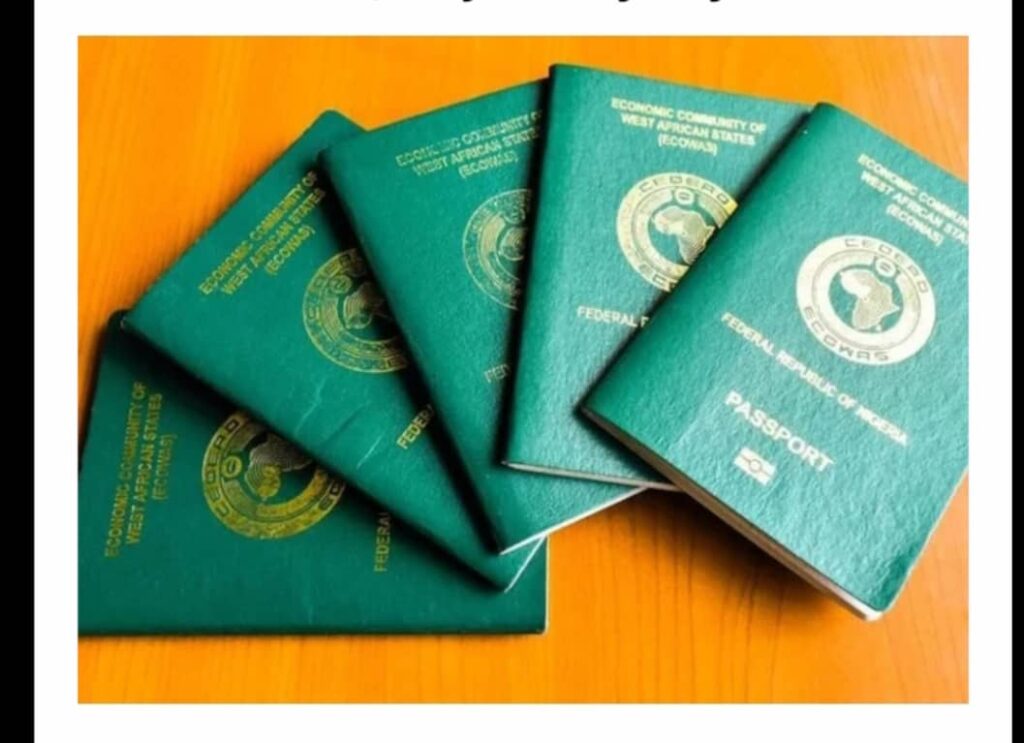By James Sunday, FCAI, MNIIA

Nigerian passport holders currently enjoy visa-free access to numerous countries, particularly within West Africa through the ECOWAS framework. Countries such as Benin, Ghana, Senegal, and Togo grant Nigerians entry without a visa, while outside the region, destinations like Barbados, Fiji, Haiti, Kenya, and the Cook Islands also offer similar opportunities.
Other visa-free or visa-on-arrival options exist, but travellers are advised to always confirm requirements with official sources, as policies can change without notice.
Visa-Free Destinations for Nigerians include:
Within ECOWAS: Benin, Burkina Faso, Cape Verde, Côte d’Ivoire, Gambia, Ghana, Guinea, Guinea-Bissau, Liberia, Mali, Niger, Senegal, Sierra Leone, Togo.
Beyond West Africa: Barbados, Dominica, Fiji, Haiti, Kenya (eVisa required in most cases), Mauritius, Rwanda (free entry for AU members), Saint Kitts and Nevis, Vanuatu, and others such as Cook Islands, Kiribati, Micronesia, and Niue.
Important Considerations
ECOWAS Membership: Visa-free travel across West African states is anchored on Nigeria’s membership in ECOWAS.
Visa vs. eVisa: Some destinations, like Kenya, now require an eVisa, which must be applied for online before travel.
Policy Changes: Always confirm the latest rules with embassies or consulates, as visa regimes are subject to change.
While this access is commendable, there is a pressing need to ensure Nigeria’s visa policy remains flexible, transparent, and professionally managed. The withdrawal of the Visa-on-Arrival option and the introduction of the e-Visa system will only succeed if the facility is handled directly by the Nigeria Immigration Service, not by private consultants who lack the professional expertise to manage such a sensitive national function.
The newly introduced CERPAC (Combined Expatriate Residence Permit and Aliens Card) system, in particular, has created bottlenecks that undermine Nigeria’s ease of doing business. Investors, expatriate employees, and companies are losing significant amounts in foreign exchange due to inefficiencies. Forms are not readily available, and this has eroded confidence in the system.
The CERPAC platform attracts billions of dollars to Nigeria as a single facility, and therefore demands accountability, transparency, and efficiency. Unfortunately, the Annual Report of the Nigeria Immigration Service, which historically served as the official record of operations and a tool for public accountability, has been suspended. This must be revived urgently to restore transparency, probity, and public trust.
If Nigeria is to remain an attractive destination for investment and tourism, visa policies must be clear, predictable, and efficiently managed by professionals. The credibility of our immigration system is directly tied to the confidence of both our citizens and the international community.
